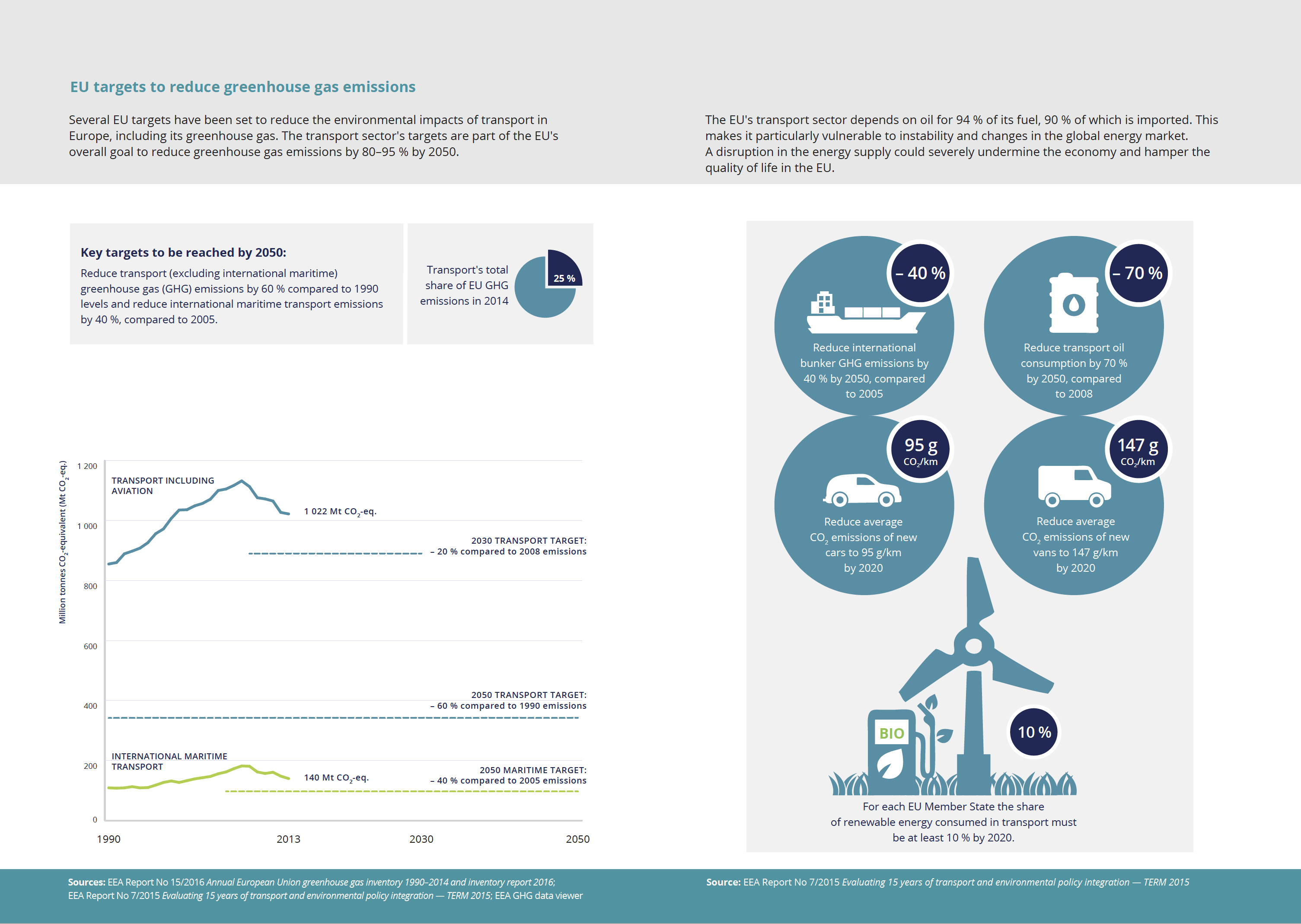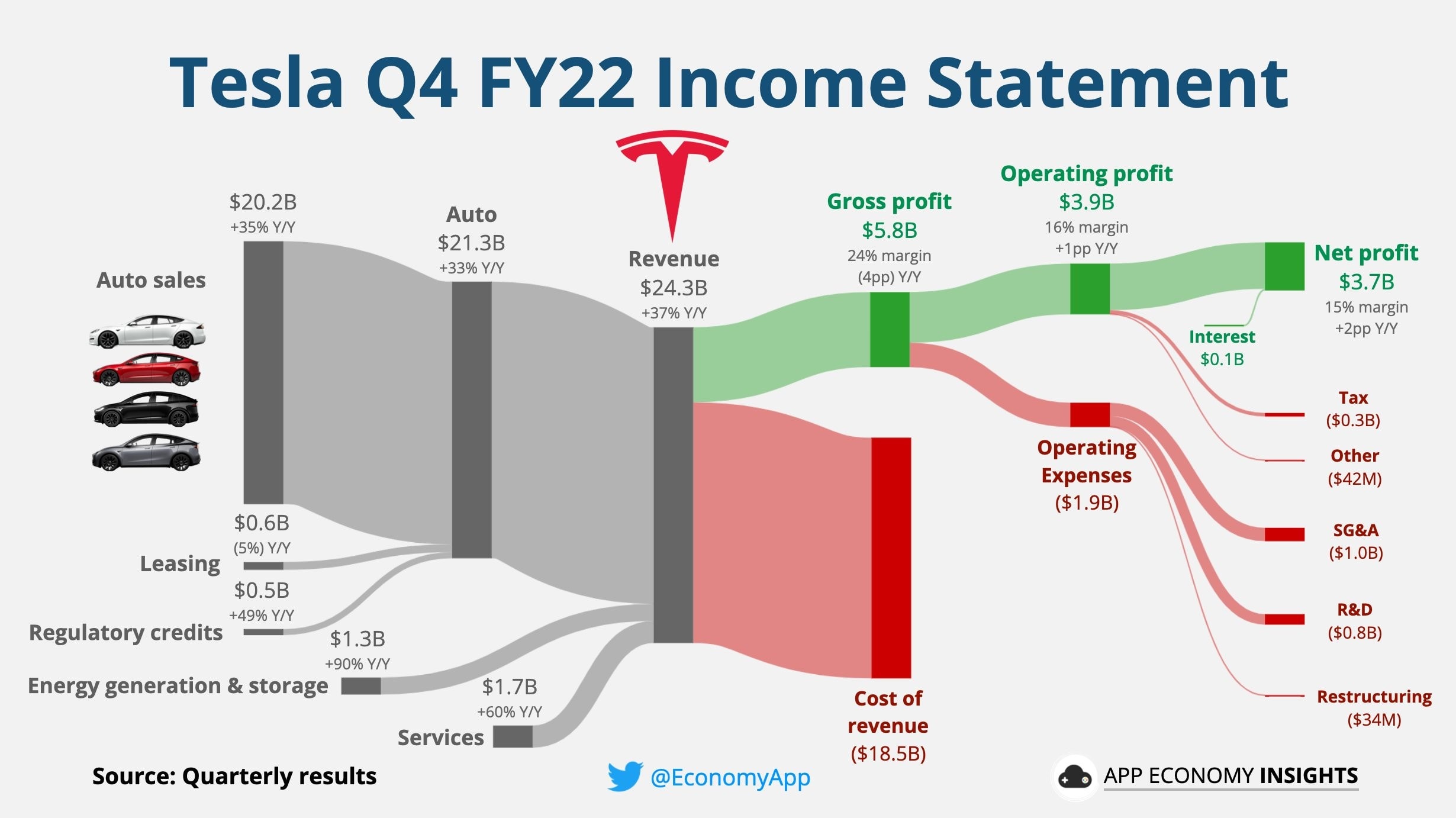EU Targets Russian Gas: Spot Market Phaseout Plans Discussed

Table of Contents
The Urgency for an EU Russian Gas Phaseout
The geopolitical landscape has dramatically shifted, forcing the EU to confront its heavy dependence on Russian natural gas. The war in Ukraine and Russia's weaponization of energy supplies have exposed the vulnerability of the EU's energy system. The urgency for an EU Russian Gas Phaseout stems from several critical factors:
- Sanctions imposed on Russia: Following the invasion of Ukraine, the EU imposed sanctions on Russia, impacting various sectors, including energy. These sanctions aim to pressure Russia to end the conflict but have also created significant challenges for the EU's energy supply.
- Concerns about Russia weaponizing energy supplies: Russia's manipulation of gas flows has highlighted the risks associated with relying on a single, unreliable supplier. This underscores the need to diversify energy sources and enhance energy security.
- The EU's commitment to achieving energy independence: The crisis has accelerated the EU's commitment to achieving energy independence and reducing its reliance on external, politically volatile energy sources. This involves a significant shift towards renewable energy and diversification of gas suppliers.
- The need for diversification of energy sources: Reducing reliance on Russian gas necessitates exploring alternative sources, including LNG imports, strengthening relationships with other gas-producing nations, and dramatically increasing renewable energy production.
Rapid diversification, however, presents considerable economic challenges. Increased energy prices and potential supply shortages in the transition period are significant concerns requiring careful management and strategic planning. The transition to a post-Russian gas EU requires significant investment and careful coordination.
Current Status of Russian Gas in the EU Spot Market
Before exploring the mechanisms for a complete EU Russian Gas Phaseout, it's crucial to understand the current situation. A significant volume of Russian gas is still traded on the EU spot market, although its share has been decreasing due to sanctions and alternative sourcing efforts.
- Market share of Russian gas in various EU countries: While the overall share has decreased, some EU member states remain heavily reliant on Russian gas imports, leaving them more vulnerable to supply disruptions.
- Key pipelines transporting Russian gas to the EU: Major pipelines, including Nord Stream 1 and 2 (though Nord Stream 2 remains inactive), have historically been critical infrastructure for Russian gas delivery to the EU. Their potential for future use or decommissioning plays a large role in the feasibility of a complete phaseout.
- The role of spot markets in price volatility: The spot market's inherent price volatility has exacerbated the energy crisis, underscoring the need for predictable and secure energy supply chains.
- Challenges in tracking the origin of gas in the complex EU market: The complex nature of the EU gas market and the mixing of gas from different sources make it difficult to accurately track the origin of specific gas supplies, adding to the difficulties in implementing a complete ban on Russian gas.
Proposed Mechanisms for an EU Russian Gas Phaseout
Several strategies are being considered for phasing out Russian spot gas purchases:
- Increased investment in renewable energy sources (solar, wind, etc.): A massive push toward renewable energy infrastructure is crucial for long-term energy independence and a sustainable future, reducing reliance on fossil fuels entirely.
- Strengthening of interconnector pipelines with alternative gas suppliers (Norway, Algeria, etc.): Improving infrastructure connecting the EU with alternative gas suppliers is vital for securing diverse sources of supply.
- Development of LNG import infrastructure: Expanding LNG (Liquefied Natural Gas) import terminals enables the EU to access gas from various global sources, increasing its bargaining power and energy security.
- Implementation of carbon pricing mechanisms to accelerate the transition to cleaner energy: Carbon pricing policies help make renewable energy more competitive and discourage reliance on fossil fuels.
- Potential for temporary price caps or rationing mechanisms: While controversial, these measures might be considered to mitigate extreme price volatility during the transition.
Challenges and Risks of a Complete Phaseout
A complete EU Russian Gas Phaseout presents several challenges:
- Potential inflationary pressures on consumer goods and services: Higher energy prices will likely translate to increased costs for goods and services, impacting consumers' purchasing power.
- Risks to energy-intensive industries: Industries heavily reliant on natural gas face significant risks of production disruptions and increased operating costs.
- Need for effective social safety nets to mitigate impacts on vulnerable populations: Targeted support measures are crucial to protect vulnerable households and individuals from the potential economic hardship caused by higher energy prices.
- Political challenges in achieving consensus across EU member states: Reaching a unified approach across all EU member states, considering their varying levels of dependence on Russian gas, will be a significant political challenge.
Alternative Energy Strategies and Their Role
The EU's strategy for replacing Russian gas hinges on a multi-pronged approach:
- Investment in renewable energy infrastructure: This is the cornerstone of long-term energy independence and sustainability, and substantial investment is crucial.
- Promotion of energy efficiency programs: Improving energy efficiency across buildings, transportation, and industries can significantly reduce overall energy demand.
- Development of hydrogen technologies as a long-term solution: Hydrogen offers a promising long-term solution for clean energy, but significant technological advancements and infrastructure development are needed.
- The potential of carbon capture and storage technologies: While still under development, these technologies could play a crucial role in mitigating emissions from existing fossil fuel infrastructure.
- International collaboration on energy security: Strengthening partnerships with reliable energy partners is essential to ensure secure and diverse energy supplies.
Conclusion
The EU's ambitious plans for a complete phaseout of Russian gas from the spot market represent a significant undertaking with substantial benefits and considerable challenges. Successfully achieving this goal requires a multifaceted strategy encompassing rapid diversification of energy sources, massive investment in renewable energy infrastructure, and robust social safety nets to cushion the economic and social impact. The speed and effectiveness of these efforts will profoundly influence the EU's energy security and its ability to navigate the complexities of the global energy landscape. Staying informed about developments concerning the EU Russian Gas Phaseout, including the latest policy initiatives and market trends, is essential for businesses, policymakers, and citizens alike. Continued monitoring of the EU Russian gas phaseout process is crucial for everyone.

Featured Posts
-
 Tesla Q1 Earnings Net Income Plunges 71 Amidst Political Headwinds
Apr 24, 2025
Tesla Q1 Earnings Net Income Plunges 71 Amidst Political Headwinds
Apr 24, 2025 -
 Large Scale Office365 Executive Account Hack Results In Multi Million Dollar Loss
Apr 24, 2025
Large Scale Office365 Executive Account Hack Results In Multi Million Dollar Loss
Apr 24, 2025 -
 Uil State Bound Hisd Mariachis Viral Whataburger Performance
Apr 24, 2025
Uil State Bound Hisd Mariachis Viral Whataburger Performance
Apr 24, 2025 -
 Rep Nancy Mace Faces Angry Voter In South Carolina
Apr 24, 2025
Rep Nancy Mace Faces Angry Voter In South Carolina
Apr 24, 2025 -
 Effective Middle Management A Foundation For Organizational Success And Employee Development
Apr 24, 2025
Effective Middle Management A Foundation For Organizational Success And Employee Development
Apr 24, 2025
